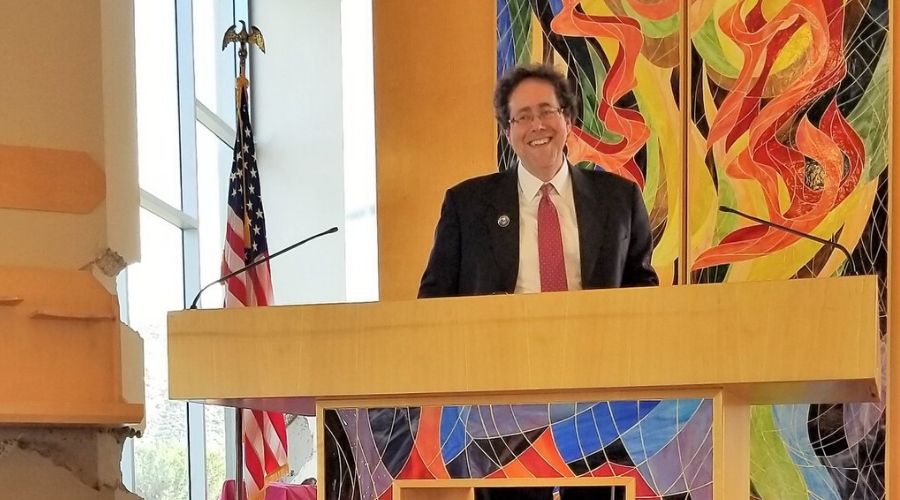Rabbi Artson records his 2013 Ordination Ceremony for this podcast.
This is a Q and A format podcast by Rabbi Artson. He offers discussion on topics such as justification for War in Jewish tradition, Anti-semitism in the modern world, Anti-semitism & anti-zionism,Teshuvah in light of civil law, Holocaust education, Leadership training, parents responsibility to adult children and more.
Rabbi Artson fields questions from the public: What sermon would you have given after Boston and Texas? Reactions to the prominent rabbi who created a fake online persona? How can we show empathy for people with different stories? When does holy space become idolatry? What should the Israel/Diaspora relationship look like?
Rabbi Artson explores the mitzvot (sacred obligations) in light of modernity and Jewish tradition.
Right now out thoughts and prayers are rightly directed towards the East. As Rabbi Artson wrote: “Sending blessings to the people of Israel – those civilians under rocket fire, those soldiers forced into harms way, and to innocent civilians in Palestine now held hostage by the violence of Hamas. May we soon witness the re-establishment of tranquility and safety for all. And may Israel’s neighbors awaken to the reality that security and prosperity can only result from a negotiated peace.” Please also remember that we have ZSRS community in Israel along with other friends and families that can use our support.
On Tuesday at lunch I’d like to gather together (for those who can) to do two things: 1) Pray and sing together a little bit and, 2) Learn some Torah.
You may have seen the term rodef (pursuer) a lot over the past few days. I’d like to take a look at some of the primary sources that deal with this tricky category. I am not, I assure you, going to be making any sweeping statements about courses of action or passing any kind of judgment. I leave that to the experts on the ground and the ethicists they turn to.
But I think it would be useful for those of us who teach Torah to have an idea of how the rodef is utilized in a few of our texts. It will surely not be comprehensive, but only a beginning.










